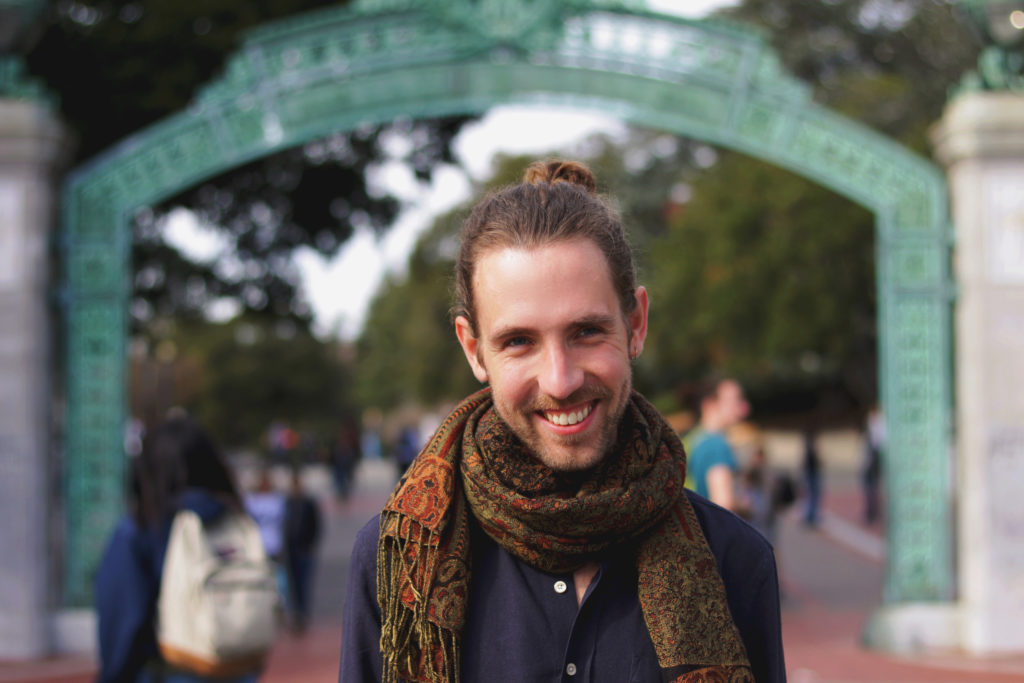SCET’s Data Lab awarded 2018-19 Amazon Alexa Innovation Fellowship

We are pleased to announce that the Data Lab at the Sutardja Center for Entrepreneurship and Technology has been awarded the 2018 – 2019 Alexa Innovation Fellowship. Alexander Fred-Ojala, UC Berkeley data science instructor and research director of the Data Lab at SCET, was selected as one of ten recipients of the Alexa Innovation Fellowship.
The Alexa Innovation Fellowship is part of the greater Alexa Fund, which is a $200 million investment by Amazon to support work in voice technology. The Innovation fellowship supports faculty in on-campus entrepreneurship centers with funding and hardware. Ten faculty members from various universities across the country received the distinction and will be able to support student startups that are focused on artificial intelligence, or AI, and voice interfaces.
Fred-Ojala, who co-developed the Data-X framework and is the lead data scientist of the Berkeley Innovation Index, an international research project, said that the fellowship will support interactive student projects.
“This will provide an excellent opportunity for our entrepreneurial students to make their systems and products even more interactive,” Fred-Ojala said. “I’m looking forward to seeing a huge boost in experimentation and implementation of voice technology in the projects and ventures that we host in the Data Lab and the class.”
At the Data Lab, Fred-Ojala and SCET’s founding director Ikhlaq Sidhu have been working on integrating voice technology into student modules. In the Data-X class, several projects have used audio spectral analysis, sentiment analysis, and image to text parsing, among other voice technologies.
According to Fred-Ojala, conversational AI will likely be “the next revolution” in terms of how humans interact with their smart devices, as the “possibilities to be creative with this technology are endless.”
“Several powerful tools like voice assistants and machine translation have already reached a state of maturity,” Sidhu said. “With initiatives such as the Amazon Alexa Fellowship, I think we can take the next step forward in how humans interact with devices.”
